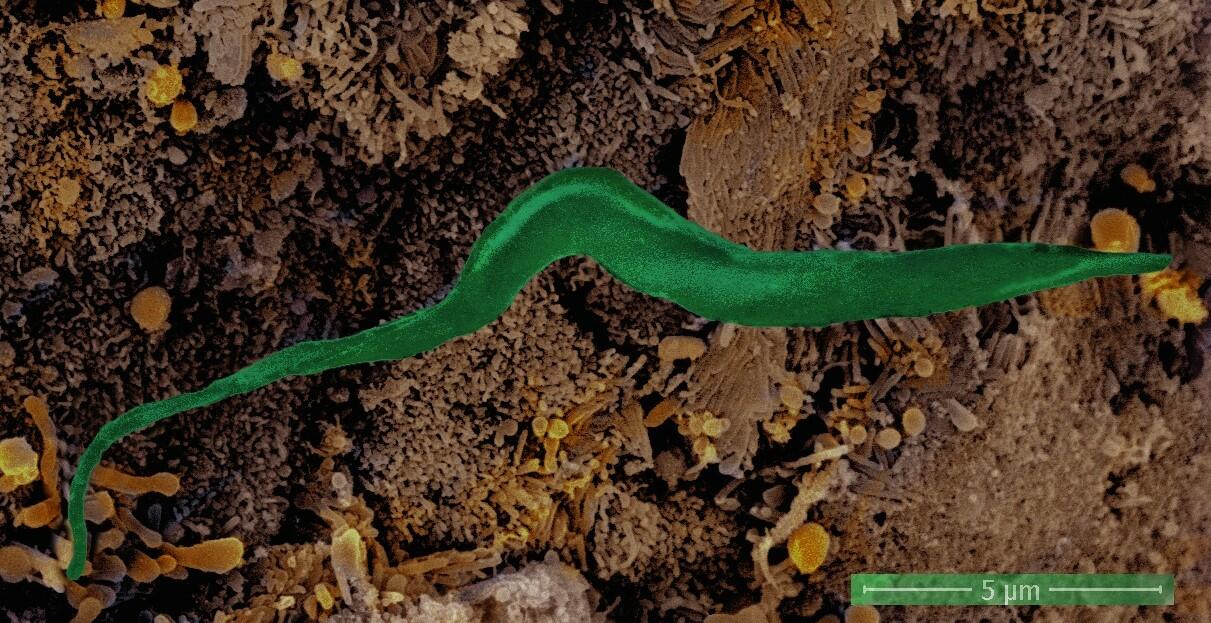
Studies of the interactions between vectors, their microbiome and parasites are key to understand the transmission and epidemiology of vector-borne diseases.
They are also fundamental in the identification of putative candidates to develop transmission-blocking vaccines. Many factors influence the successful colonisation of a vector by a parasite or virus. While factors like the insect microbiome, the source of bloodmeal and the immune-related pathways may eradicate or suppress the infection pathogens develop strategies that bypass these mechanisms.
At LSTM we use tsetse flies and African trypanosomes and mosquitoes and filaria as model organisms to investigate the genes and proteins important for the transmission of vector-borne disease. Studies on haematophagous mosquitoes, triatomines, sandflies and tsetse flies have shown that microbial interactions, particularly in the insect midgut, can modulate insect immunity and are implicated resistance to insecticides. Expanding research on the tripartite relationships between the insect, its microbiome, and the pathogens it can transmit, will lead to the development of novel control strategies (e.g.paratransgenesis) and therapeutic drugs.


